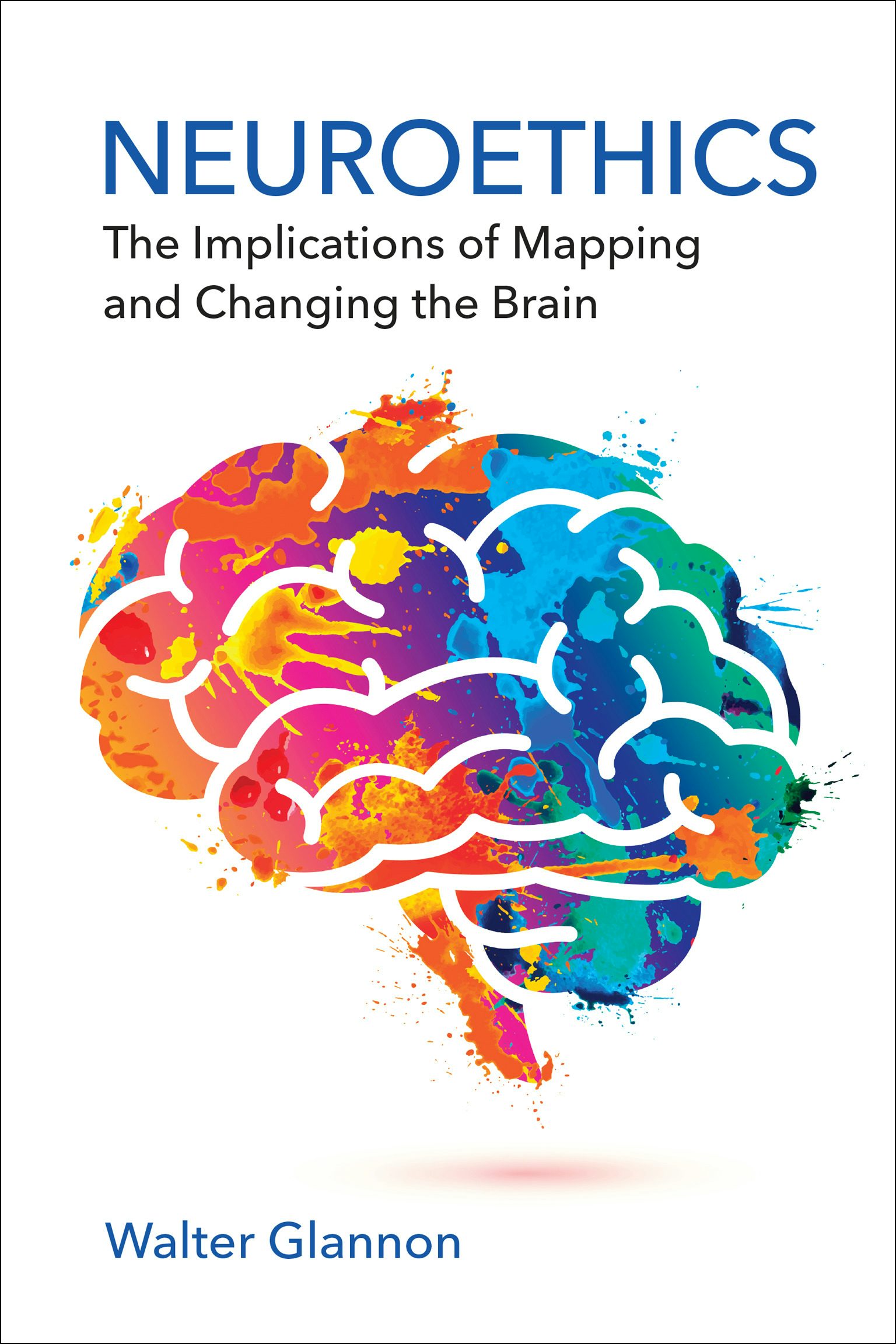Ben Waber finished reading Neuroethics by Walter Glannon

Neuroethics by Walter Glannon
Neuroethics is an introduction to the main ethical and legal issues in six areas of experimental and clinical neuroscience: neuroimaging, …
This link opens in a pop-up window

Neuroethics is an introduction to the main ethical and legal issues in six areas of experimental and clinical neuroscience: neuroimaging, …

Neuroethics is an introduction to the main ethical and legal issues in six areas of experimental and clinical neuroscience: neuroimaging, …
This is a rousing, fascinating tour through prehistory with an archaeological focus. About half is devoted to non-sapiens hominids and their evolution and dispersion, while about a quarter of the lectures here cover early agriculture, with the remaining sections on civilizations we have a bit more information about. The latest version of this series of lectures is from 2013, so some of the research discussed here is a bit dated, particularly around pre-sapiens species and the development of agriculture, but Fagan is clear about the degree to which knowledge about these topics can change. Beyond being a great dive into the topic even if you have some background in it, Fagan is absolutely inspiring in these lectures and leaves you with a greater appreciation for the arc of human history that still underlies our modern world. Highly recommend


This is a great introduction to many intellectual property and freedom of speech concepts, bringing in tangible examples from video game history to walk through the basics. It's very US focused, and gets a bit hagiographic about the folks at Atari, but it's much more accessible than other legal books on these topics. Highly recommend
This is a great introduction to many intellectual property and freedom of speech concepts, bringing in tangible examples from video game history to walk through the basics. It's very US focused, and gets a bit hagiographic about the folks at Atari, but it's much more accessible than other legal books on these topics. Highly recommend

A guide to the fascinating legal history of the videogame industry, written for nonlawyers.
Why did a judge recall …

A guide to the fascinating legal history of the videogame industry, written for nonlawyers.
Why did a judge recall …
This book is a triumph of scholarship, providing a rigorously researched view into some of the businesses and individuals that drove the production and sale of products that supported American slavery. This is a qualitative examination, with insightful philosophical analysis added in for good measure. As with many books in this vein I would've loved a quantitative, macro perspective of the issues reviewed here to add further weight and support to many of the claims made here, but Rockman's thorough research overall makes this less necessary than in other cases.
What was most eye-opening for me was the modern management techniques of these firms, even engaging in market research for their products by talking to enslaved people. Beyond further demonstrating the inextricable dependence of Northern industrialization and economic development on slavery, it also shows how modern management itself is still tied to that history. Highly recommend
This book is a triumph of scholarship, providing a rigorously researched view into some of the businesses and individuals that drove the production and sale of products that supported American slavery. This is a qualitative examination, with insightful philosophical analysis added in for good measure. As with many books in this vein I would've loved a quantitative, macro perspective of the issues reviewed here to add further weight and support to many of the claims made here, but Rockman's thorough research overall makes this less necessary than in other cases.
What was most eye-opening for me was the modern management techniques of these firms, even engaging in market research for their products by talking to enslaved people. Beyond further demonstrating the inextricable dependence of Northern industrialization and economic development on slavery, it also shows how modern management itself is still tied to that history. Highly recommend
An historical and archaeological overview of the submerged cultural history of the Commonwealth of the …
It's extremely challenging to find academic, digital, English-language books on the US's colonial possessions in the Pacific, but this book does a good job providing some of that historical background, with a particular focus on the Northern Mariana Islands. As the title suggests, most of the book is concerned with maritime history, but I especially liked the chapter on the Japanese Mandate period by Mark Ombrello, which spends time analyzing the economic, social, and political aspects of this era.
It's extremely challenging to find academic, digital, English-language books on the US's colonial possessions in the Pacific, but this book does a good job providing some of that historical background, with a particular focus on the Northern Mariana Islands. As the title suggests, most of the book is concerned with maritime history, but I especially liked the chapter on the Japanese Mandate period by Mark Ombrello, which spends time analyzing the economic, social, and political aspects of this era.

Scott Russell, Toni Carrell, Omaira Brunal-Perry, Marjorie G. Driver, Dirk H.R. Spennemann, Mark. A. Ombrello, Don A. Farrell: Maritime History and Archaeology of the Commonwealth of the Northern Mariana Islands (EBook, 2009, Ships of Exploration and Discovery Research)
An historical and archaeological overview of the submerged cultural history of the Commonwealth of the Northern Mariana Islands from pre-contact …

Scott Russell, Toni Carrell, Omaira Brunal-Perry, Marjorie G. Driver, Dirk H.R. Spennemann, Mark. A. Ombrello, Don A. Farrell: Maritime History and Archaeology of the Commonwealth of the Northern Mariana Islands (EBook, 2009, Ships of Exploration and Discovery Research)
An historical and archaeological overview of the submerged cultural history of the Commonwealth of the Northern Mariana Islands from pre-contact …
This book is both a triumph of qualitative historical analysis and less than the sum of its parts. Each chapter, covering a different aspect of the 1865-1900 period, is deeply researched and insightful, albeit with far less quantitative support than I'd like. Unfortunately each chapter barely interacts with the others, failing to advance any of the many hypotheses peppered across the book. It's still a great history, but probably more useful as a reference for specific topics. Highly recommend
This book is both a triumph of qualitative historical analysis and less than the sum of its parts. Each chapter, covering a different aspect of the 1865-1900 period, is deeply researched and insightful, albeit with far less quantitative support than I'd like. Unfortunately each chapter barely interacts with the others, failing to advance any of the many hypotheses peppered across the book. It's still a great history, but probably more useful as a reference for specific topics. Highly recommend